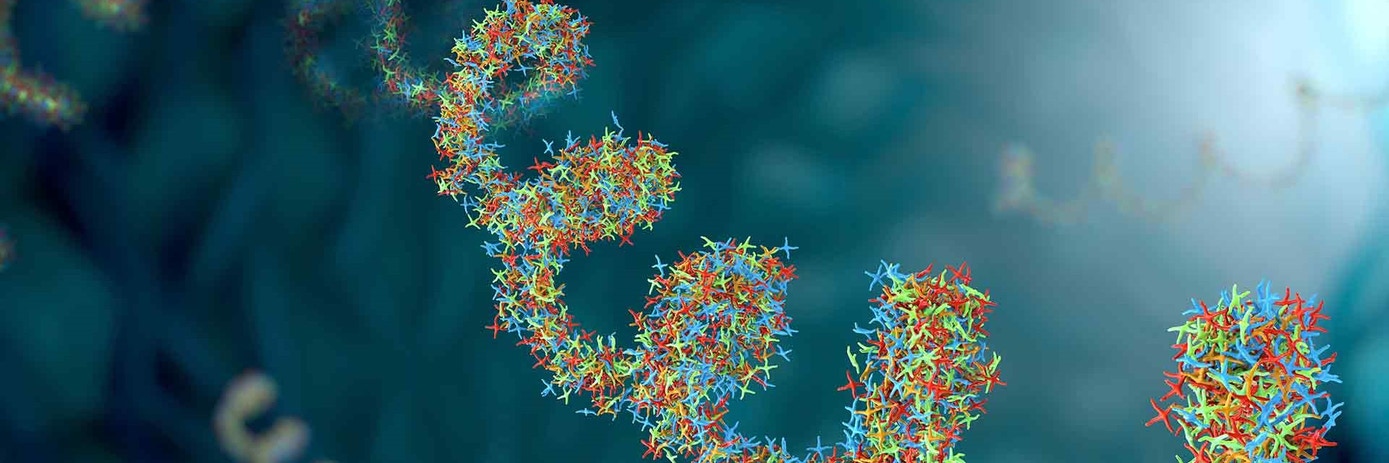In the webinar, Exploring Circulating Extracellular Vesicles in Liquid Biopsies for Neurological Disorders , our speaker, Bessie Meechoovet, a Senior Research Associate from the Jensen's lab at the Translational Genomics Research Institute (TGen), will describe how this lab uses cell-free biomarkers to improve our understanding of neurodegenerative diseases.
The Jensen lab utilizes long-read single-cell and RNA transcriptomics data to identify minimally invasive biomarkers in biofluids. This improves our understanding of neurodegenerative diseases such as Parkinson's disease, Alzheimer's disease, and ALS. In this post, Ms. Meechoovet describes a method the Jensen's lab identified to enrich for brain extracellular vesicles, which they are using to identify potential biomarkers.
The importance of studying neurodegenerative diseases
Neurodegenerative diseases, including Alzheimer's disease, Parkinson's, and ALS, are a significant focus of the Jensen's lab research. As people live longer, we expect to see an increase in disease affliction, making it crucial to study these neurodegenerative diseases. Current standard practices for diagnosing these diseases can be time-consuming and sometimes invasive. Identifying a biomarker could help us diagnose diseases earlier and monitor their progression more effectively. This is where liquid biopsies come in. They offer a less invasive and potentially more cost-effective alternative for disease monitoring and treatment.
The power of extracellular vesicles
The Jensen's lab focuses on extracellular vesicles within biofluids like plasma and CSF. These vesicles are like little packages that carry cargo from the originating cell type, and include protein cargo and RNA. This makes them incredibly useful for studying different diseases.
The Jensen's lab is currently working on a method to isolate brain-specific extracellular vesicles and analyze their transcriptome. This could help us weed out the noise from brain-specific transcriptome expression and provide more accurate results. We're excited about the potential of this research and look forward to sharing our findings soon.
Watch the full recording of the Exploring Circulating Extracellular Vesicles in Liquid Biopsies for Neurological Disorders on-demand webinar.
For research use only. Not for use in diagnostic procedures.


































